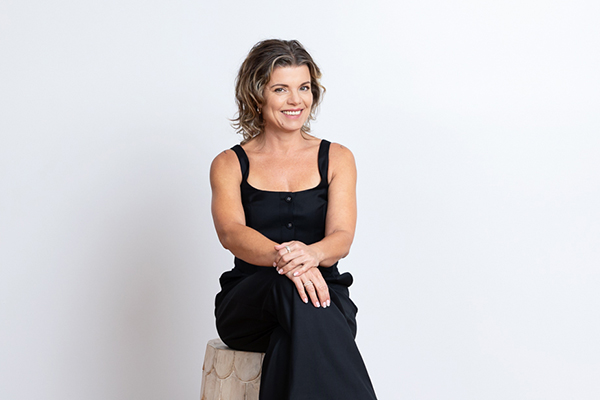The Performance Multiplier You’re Missing

The Performance Multiplier You’re Missing
Hope. It’s what people want most from their leaders right now. Gallup’s latest research confirms it—hope is the number one leadership need globally, far outweighing even trust. But hope isn’t just a warm-and-fuzzy concept. It’s a performance multiplier—fuelling resilience, engagement, and results.
Here’s the catch: hope doesn’t happen by accident. It’s built. And the foundation? Accountability—done right. Not the kind that feels like blame or micromanagement, but the kind that creates clarity, confidence, and ownership.
When leaders get accountability right, hope follows—and so does performance.
Listen here
Read here
Gallup’s latest research confirms what many of us already feel—people are craving hope from their leaders. And it’s not hard to see why. We’re navigating relentless change, the rise of AI, and mounting global challenges. Inside organizations, leaders are stretched thin, trying to hold everything together while keeping people engaged and performing.
But hope isn’t a luxury—it’s a leadership necessity. It fuels resilience, motivation, and performance. It helps people see a future worth striving for.
And here’s the thing we’re missing: hope doesn’t just happen. It’s built. And accountability—done right—is the foundation.
The Misunderstood Power of Accountability
Too many people think of accountability as the monster under the bed—something that only shows up when things go wrong. It’s associated with blame, punishment, or a post-mortem once it’s too late to do anything differently – like shutting the barn door after the horse has bolted.
Accountability done right is the opposite. It’s not about catching people out; it’s about setting them up for success from the outset. And at its core, it’s an act of belief—a statement of confidence in your people and their potential.
It says:
- I see the greatness in you.
- I see the potential in us.
- I see what’s possible here, and I’m going to ask you to play at that level—and I’ll support you in getting there.
When leaders embed this kind of accountability, something remarkable happens. Instead of feeling pressured, people feel empowered. Instead of fearing failure, they see a clear path forward. Instead of disengaging, they step up.
Accountability done right, generates hope.
Hope Isn’t Just a Feeling—It’s a System
Psychologist Rick Snyder’s research on hope shows that it isn’t just wishful thinking—it’s structured. It requires:
- Goals – Something you want to achieve
- Way Power – A clear understanding of multiple pathways to get there.
- Will Power – The motivation to follow through.
But Dr. Rachel Colla expanded this thinking, revealing that hope is actually a full system—it’s not just about goals and motivation. It also requires:
- Who Power – Who is involved? Who will support and contribute?
- Why Power – Why does this matter? What’s the bigger meaning behind it?
This is where accountability done right becomes a system for hope. When leaders set clear expectations and build strong accountability relationships, they create all the conditions for hope to thrive.
The Two Critical Factors of Accountability Done Right
In the research for my book Own It! I found that when accountability is done right, two things are in place:
- Clear Expectations
Leaders take responsibility for defining what’s expected—not just vaguely, but with absolute clarity. In Own It!, I introduce the 6W framework as a practical tool to get there:
- What needs to be done?
- Who is responsible and who does it impact?
- When does it need to happen?
- Where does it apply?
- How should it be done? (And where possible, give autonomy here.)
- Why does it matter?
Most accountability breakdowns happen because expectations were vague or assumed rather than clearly set. When leaders take the time to own their part of the accountability equation—by being crystal clear on these six questions—they set the their people up for success.
- High-Quality Accountability Relationships
Even with clear expectations, accountability will fail if the relationships that support it are fragile. Effective accountability isn’t just about tasks—it’s about trust.
That doesn’t mean leaders need to be best friends with their teams. But there has to be bandwidth in the relationship—enough space for the right conversations, at the right time, in the right way.
Without trust and bandwidth, accountability conversations feel like conflict.
With trust and bandwidth, they feel like alignment.
And alignment fuels hope.
Accountability and Hope Are Leadership Multipliers
One of the biggest mistakes leaders make is thinking they need to have all the answers. They don’t.
In reality, the best leaders don’t create certainty—they create clarity.
They don’t dictate solutions—they build systems that allow the best solutions to emerge.
Accountability done right is that system.
It creates clarity, it fosters ownership, and it builds trust. And when that happens, it generates hope:
- Hope for who we can become.
- Hope for what we can achieve together.
- Hope that we are working toward a future worth believing in.
That’s the kind of leadership people need right now.
It starts with accountability. It ends with hope.





